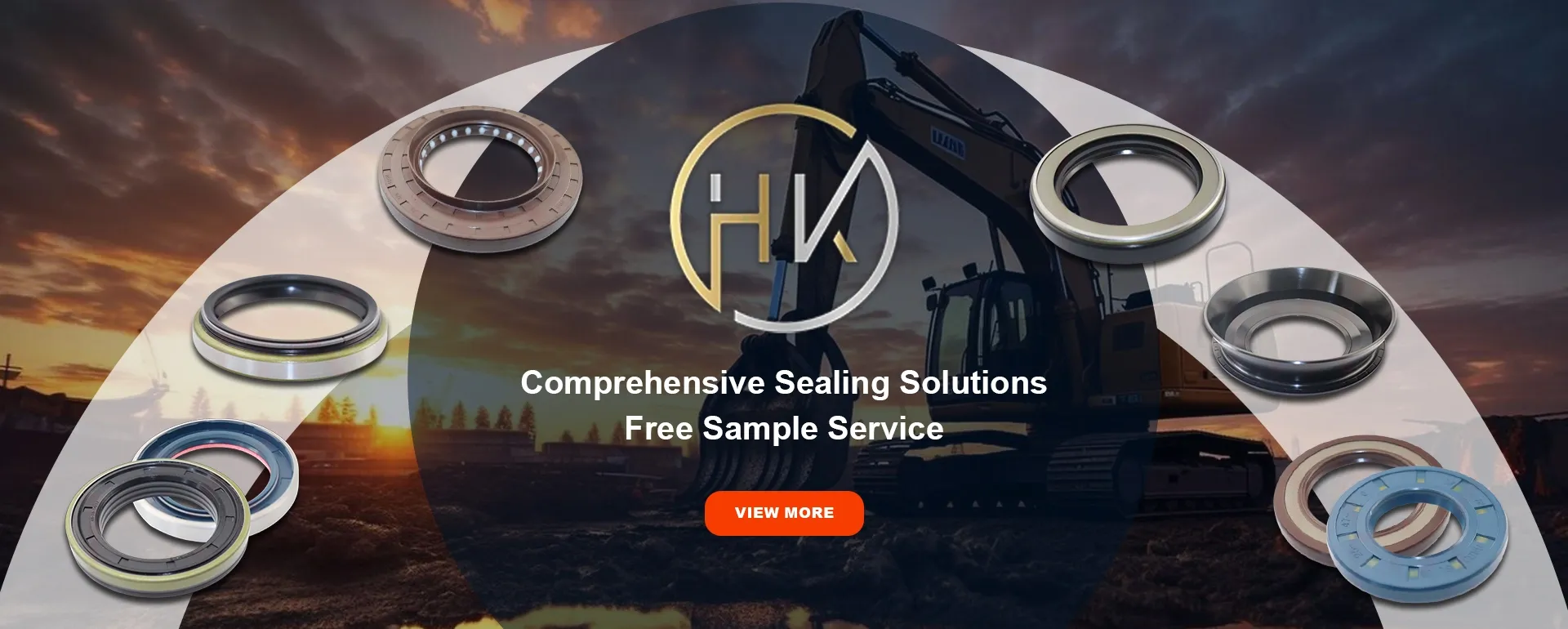ágú . 06, 2024 13:11 Back to list
Understanding the Importance and Function of Oil Seals in Mechanical Applications
Understanding Oil Seals Their Importance and Application
Oil seals, often referred to as shaft seals or lip seals, are critical components in various machinery and automotive systems. These seals play an essential role in preventing fluid leakage and protecting internal components from contaminants. In this article, we will explore the functionality, types, and applications of oil seals, highlighting their importance in maintaining the efficiency and longevity of mechanical systems.
What Are Oil Seals?
An oil seal is a mechanical seal that is used to retain lubricants, such as oil or grease, within a particular compartment while simultaneously preventing the ingress of dirt, dust, and moisture. Typically constructed from elastomeric materials, oil seals include a flexible lip that adapts to the surface of a rotating shaft. This design ensures a secure fit, allowing the seal to maintain its effectiveness even when subjected to varying temperatures and pressures.
Types of Oil Seals
There are several types of oil seals, each designed for specific applications. The most common types include
1. Rotary Seals These seals are utilized around rotating shafts and are designed to withstand the dynamic stresses of rotation. Rotary seals often feature a single or double lip and are used in applications such as automotive engines and industrial machinery.
2. Radial Seals Radial oil seals are used when the seal must function in both radial and axial directions. These seals are typically employed in gearboxes and pumps.
3. Hydraulic Seals Commonly used in hydraulic systems, these seals are specifically designed to contain hydraulic fluids while withstanding high pressures. Hydraulic oil seals can come in various shapes, including O-rings and custom profiles.
oil seal

4. Mechanical Seals While not exclusively categorized under oil seals, these are essential for preventing fluid leakage in various applications, including centrifugal pumps and compressors.
The Importance of Oil Seals
The primary function of oil seals is to prevent leaks, which is crucial for maintaining the efficiency of machinery. Fluid leaks can result in significant losses, both financially and in terms of performance. By effectively sealing the components, oil seals also minimize the risk of contamination, which can lead to premature wear and tear.
Moreover, oil seals contribute to the overall reliability of mechanical systems. In automotive applications, for instance, they help to keep the engine oil contained, preventing it from leaking out and ensuring adequate lubrication for moving parts. This is vital for reducing friction, enhancing fuel efficiency, and prolonging engine life.
In industrial settings, oil seals are equally important. They are used in various machinery, including pumps, motors, and gearboxes, where maintaining the right fluid levels is essential for operational efficiency. A failure in an oil seal can lead to catastrophic damage, resulting in costly repairs and downtime.
Choosing the Right Oil Seal
Selecting the appropriate oil seal involves several considerations. Factors such as temperature, pressure, and the type of fluid being sealed are paramount. Additionally, the material of the seal must be compatible with the specific application. Common materials include nitrile rubber, fluorocarbon, and polyurethane, each offering different levels of resistance to heat, chemicals, and abrasion.
Conclusion
Oil seals are vital components that play a significant role in a variety of mechanical applications. Their ability to prevent leaks and protect internal components from contamination makes them indispensable in both automotive and industrial sectors. Understanding the different types and their specific applications can help in making informed choices, ensuring that machinery remains efficient and reliable for years to come. As technology continues to advance, the design and materials used in oil seals will likely evolve, further enhancing their effectiveness and durability in modern mechanical systems.
-
TCN Oil Seal Metal Ring Reinforcement for Heavy Machinery
NewsJul.25,2025
-
Rotary Lip Seal Spring-Loaded Design for High-Speed Applications
NewsJul.25,2025
-
Hydraulic Cylinder Seals Polyurethane Material for High-Impact Jobs
NewsJul.25,2025
-
High Pressure Oil Seal Polyurethane Coating Wear Resistance
NewsJul.25,2025
-
Dust Proof Seal Double Lip Design for Construction Equipment
NewsJul.25,2025
-
Hub Seal Polyurethane Wear Resistance in Agricultural Vehicles
NewsJul.25,2025
-
The Trans-formative Journey of Wheel Hub Oil Seals
NewsJun.06,2025
Products categories
















